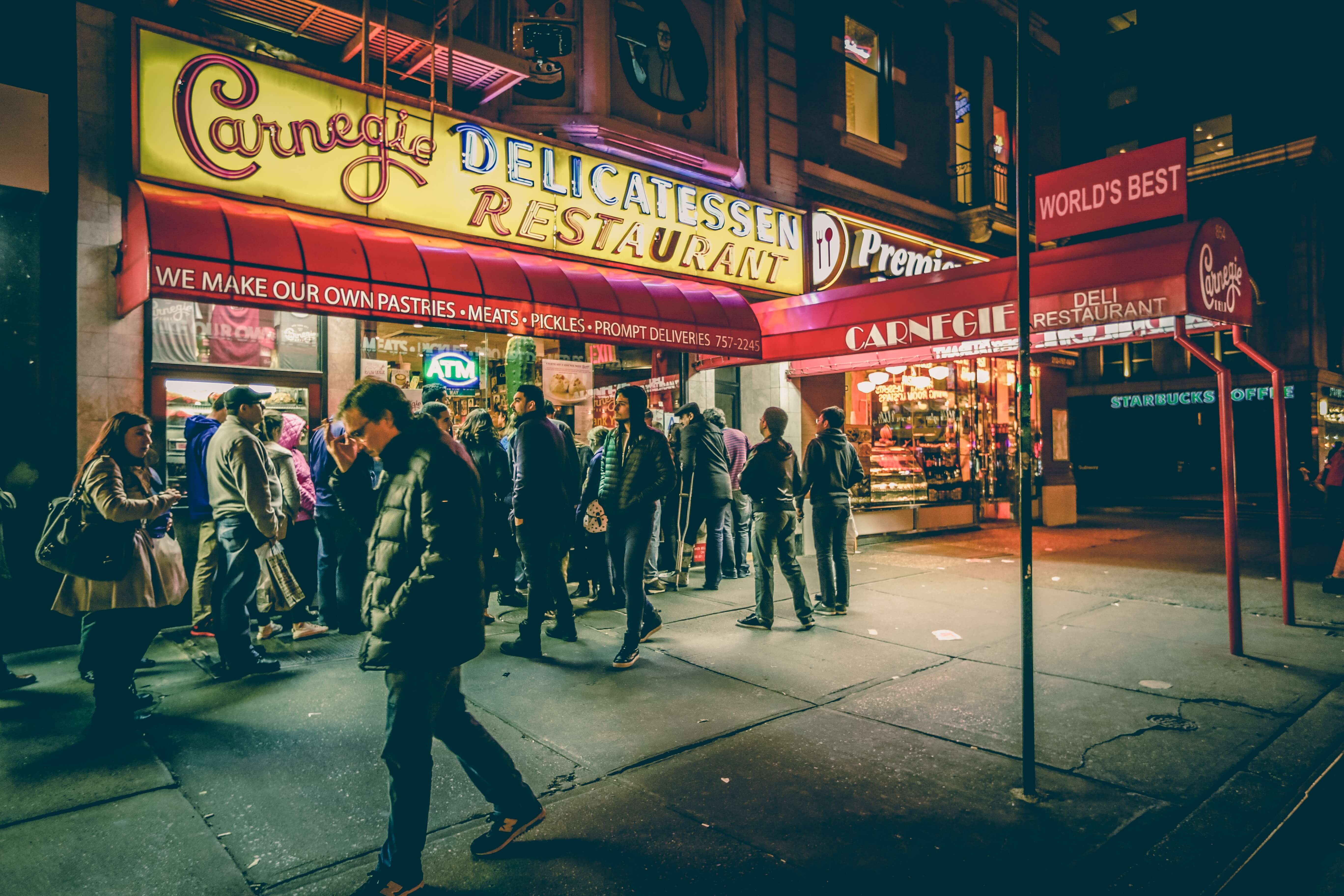
As the stories of sexual harassment pile up, I wonder if men are reading them. I wonder if they can imagine doing any of these things, or enduring any of these things. Over and over I think, “I can’t imagine believing for one second I’m entitled to behavior like this.” Over and over, I realize we live in different worlds.
I find myself increasingly suspicious, or even resentful, of men in power—people I don’t know, people I’ve long assumed to be respectable, good at heart. Now I’m not so sure. Even men who think they have good intentions can cover up for offenders and blame victims. Even those men who are usually generous and humble live, sometimes, with an entitlement they can’t see.
I don’t want to think this way, but it’s not a mindset to be overcome; it’s the truth. I remember, for example, the first time I went to a lecture and stretched out my arms across the backs of the chairs next to me, just as an experiment, imitating hundreds of men I’ve seen throughout my life casually taking up the space of three people in churches, lecture halls, and trains. I feel arm and back muscles pulling out of confinement, my chest thrust open in an alert, confident pose. Adopting this posture is like seeing through someone else’s eyes—someone with little to fear from the world, who can expect others to accommodate him, who can sit this way and project a casual, capable demeanor, and not feel himself ridiculous or overlarge.
I wonder if some of the jokes we make about the differences between the sexes mostly serve to paper over the vast chasm between our ways of seeing the world—or, more accurately, between the ways the world teaches us to be treated. I wonder if we’d rather banter over silly stereotypes than sit for a minute in each other’s worlds. How many men have ever sat like a woman sits? Managing their personal space; apologetic for possessing limbs; wondering if we have offended, overstepped, invited harassment or violence?
I was recently catcalled by a couple of kids, maybe seven and ten years old. It stung in the moment as I tried to ignore the whole episode, but my sorrow and rage have grown since then. The problem is exactly that they were just kids; just practicing how to be men. They were only imitating the men they knew. They giggled and hid, betraying nervousness; getting the script down for when they are old enough to truly assert dominance.
I think it would be easier to write an article where we all simply understand that I’m angry about this. But sometimes anger is little more than a reflex to avoid overwhelm when the political gets personal.
The truth is, I’m angry, but I’m also scared, and constantly flummoxed, and deeply, increasingly sad. The truth is I don’t want to be angry. I want to believe in the decency of men and the empowerment of women. I would rather just leave it at “we all have something to learn from each other.” It would be nice if I could envision a neat scenario where grown men calmly recognize their privilege and share it with women; where we all know how to raise girls who easily take up their own space and boys who easily keep their hands to themselves.
There is this, too: in everything I’m saying I recognize, word for word, the pleas of black and brown brothers and sisters to white people. And I, who have always sought connection and harmony and bright visions for the future, have to accept that before there can be bright visions, there is already a vast gulf between my experiences of the world and theirs. I have to understand that I don’t simply get to master a vocabulary and collect a pat on the back. I have to commit myself to a lifetime of listening and learning, humility and counterintuitive choices, constant questioning of the status quo and deep unpopularity with those who uphold it. And these things are exhausting. And I don’t always want to do them. And they will still not simply fix things for my friends who experience racism daily.
So why should I expect men to do the same things for women?
Maybe some of them will start out like me: so invested in their perception of themselves as decent people that they’ll listen when we say decency means believing us. Please, just try to inhabit our world.
Or maybe some are truly such caring, empathetic people that our stories will inspire them to help make the world a better place—even if the process is grueling and the rewards come slow.
Maybe they will find their own anger over injustice, and let it propel them to action.
And I suppose I’m hoping that if they start—if they will crack open a little bit, and make our pain theirs, and take the time, not to dismiss, but to really see us, and see that painful chasm dividing our worlds from theirs—they could find themselves coming beautifully undone. Not that they would be filled with self-loathing or eternal regret; but that they might begin to understand how limited their own vision has been. Not that they would walk on eggshells around us because of our demands, but that they would actually learn from our experiences how to be in the world with more gentleness, courtesy, and respect.
Maybe if our stories were heard and believed, and our bodies protected, women would slowly find ourselves healing and our resentment lessening. If men really believed that our well-being is essential to theirs, that our worldview is worthwhile, that sharing their spaces with us makes those spaces better; we could wrap up the work of anger and carry on to other tasks.
But we know that the men who choose this path will first be overwhelmed by grief, because breaking out of their own perceptions to see things as we see them means entering into our fear and pain. Our courage and strength, too, for sure, but first, the danger and hardship that lurk everywhere for us. We’re not watching this grief with glee, but with simple relief and guarded hope that it could lead to change.
We’re asking men to see what it could be like to try taking up less space. Or to consider that interpersonal dynamics could be as important as productivity hacks. Or to listen extra carefully to women in meetings—as women do for each other—to make sure they get credit for their contributions.
Yes, we want to see ourselves more highly valued and more free. But mostly, we want our daughters to grow up without fear and disadvantage.
Of course we know that life is hard for everybody, that the privileged do not escape trouble altogether. But isn’t that the point? Life is hard for everybody—but maybe someday we won’t insist on adding to the hardship of some. Life is hard for everybody—and maybe someday that will be a fact that doesn’t divide, but unites us in care for each exquisite, fragile, breathtakingly brave, unrepeatable other.
